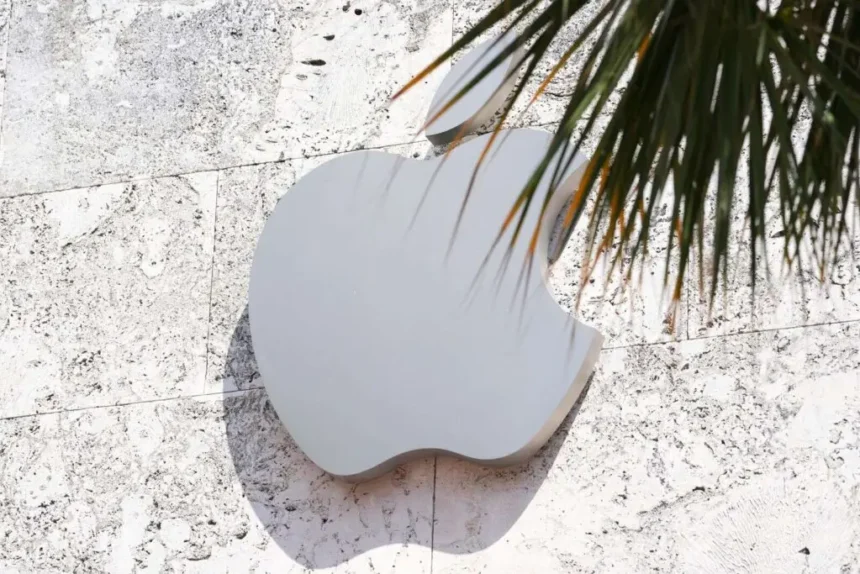In a landmark move, Apple has agreed to a $95 million settlement addressing allegations that its Siri voice assistant inadvertently recorded users’ private conversations. While Apple maintains its innocence, this development underscores the growing tensions between technological innovation and user privacy.
The Crux of the Issue
At the heart of the controversy are claims that Siri-enabled devices, including iPhones, iPads, and HomePods, occasionally activated without user intent, recording sensitive conversations. According to the class-action lawsuit, some of these recordings were allegedly shared with external entities, raising significant privacy concerns.
Apple, known for its strong stance on data security, has refuted these claims, asserting in court filings that it has “at all times complied with its commitment to user privacy.” Nonetheless, the company has opted for a settlement, perhaps recognizing the broader implications for its reputation.
Settlement Highlights
The $95 million agreement, awaiting final court approval, outlines compensation for affected U.S. users. Eligible individuals could receive up to $20 per device linked to Siri’s inadvertent recordings. In addition to monetary payouts, Apple has committed to:
- Ensuring the deletion of any recordings captured unintentionally.
- Providing users with enhanced tools to control how Siri interacts with and stores their voice data.
- Implementing measures to prevent unintended activations.
These actions are designed to rebuild trust and demonstrate Apple’s dedication to user transparency.
A Pattern of Accountability in Tech
This settlement isn’t an isolated case. Recent years have seen tech giants face heightened scrutiny over privacy lapses. In 2023, Amazon faced a $30 million penalty for privacy violations tied to its Alexa voice assistant and Ring doorbell cameras. These cases signal a broader shift towards demanding accountability from companies that collect vast amounts of personal data.
Apple’s Privacy Dilemma
While Apple is celebrated for its privacy-centric ethos—highlighted by features like app tracking transparency—this settlement adds complexity to its narrative. The incident serves as a stark reminder that even companies with robust data policies are not immune to errors or oversight.
Apple has yet to comment publicly on the settlement, but its resolution will likely prompt deeper discussions about balancing innovation with ethical responsibility.
The Takeaway for Users
For consumers, the settlement is a wake-up call. As smart devices become integral to daily life, understanding how they collect, store, and share data is crucial. Apple’s commitment to improving its privacy controls offers users tools to safeguard their information—but the responsibility to use them effectively lies with individuals.
Looking Ahead
This case is part of a broader reckoning in the tech industry, where user trust is increasingly linked to corporate transparency. For Apple, navigating these challenges will be essential to maintaining its position as a privacy leader in a world of ever-evolving technology.






